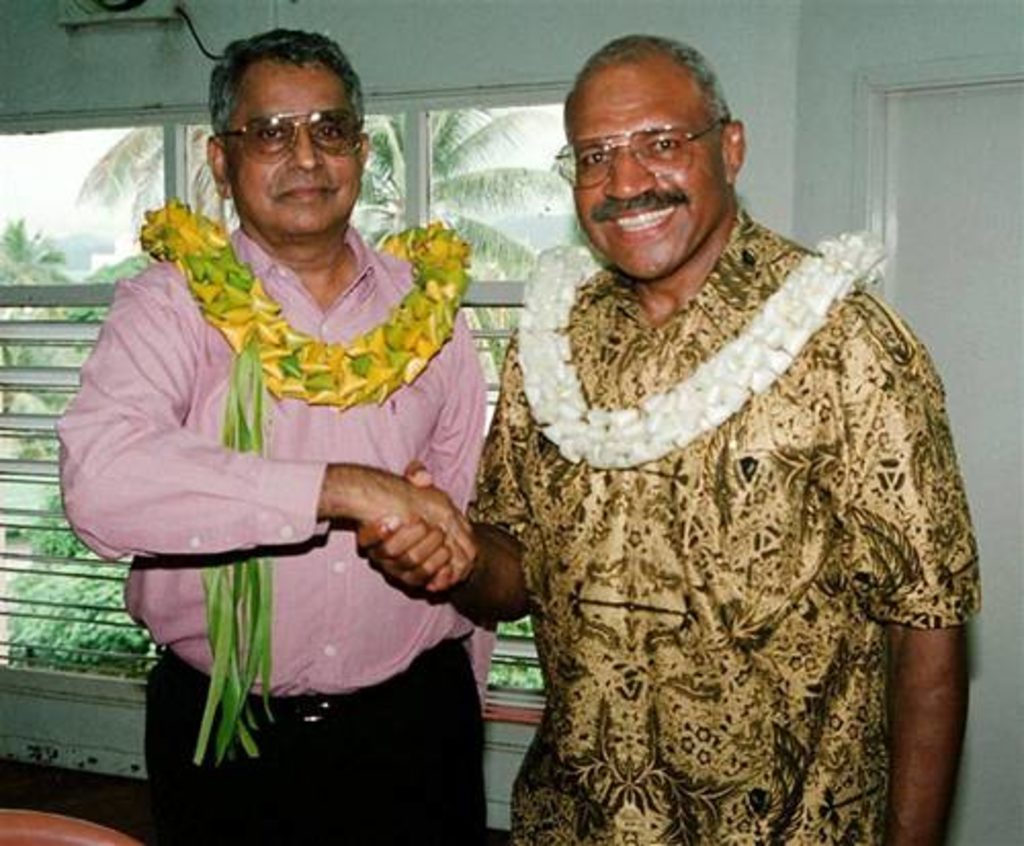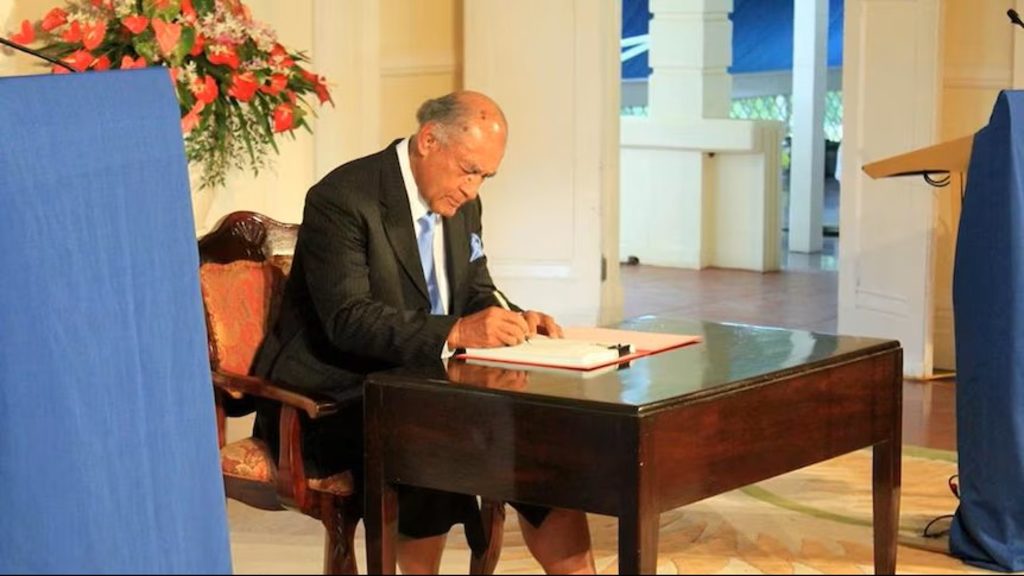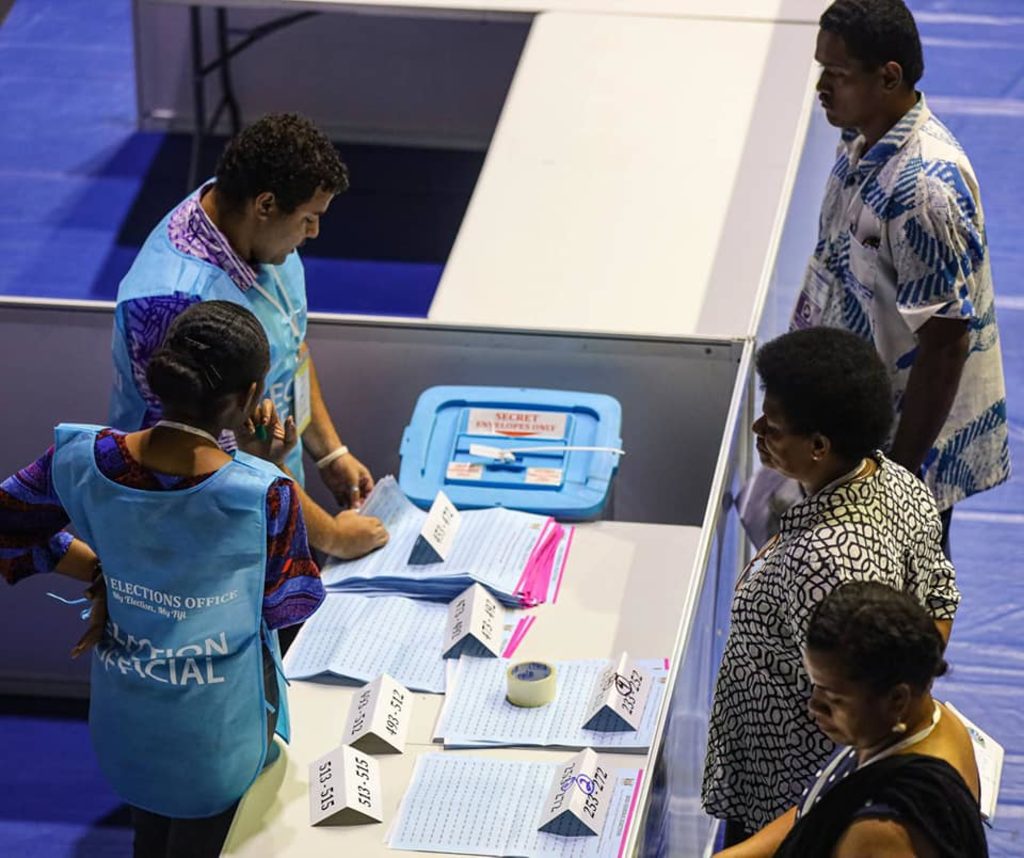Professor Shaista Shameem, Vice Chancellor of the University of Fiji and former Director of the Human Rights Commission, has called for a measured and inclusive approach to electoral reform in Fiji.
Speaking during a panel discussion hosted by Dialogue Fiji earlier this week, Professor Shameem warned of potential constitutional pitfalls as the country faces a critical crossroads in reforming its political and legal systems.
The event which consisted of political party representatives, academics and journalists, focused on electoral reform and constitutionalism, takes place amid heightened national attention on the government’s proposed legal changes. The Coalition government, led by Prime Minister Sitiveni Rabuka, is currently pursuing reforms aimed at addressing historical and systemic challenges in Fiji’s democratic processes.
A balancing act
In her remarks, Professor Shameem underscored that all of Fiji’s constitutions since independence in 1970 have placed a strong emphasis on equality—whether in treatment, employment, or representation.
However, she noted the complexity of differentiating between “fair” and “unfair” discrimination.
Drawing from her decade-long tenure at the Human Rights Commission, she explained, “Fair discrimination might mean preventing a visually impaired person from obtaining a driving licence, as it is justifiable in the public interest.”
This principle, enshrined in all Fijian constitutions, evolved from general anti-discrimination clauses in 1970 to more expansive interpretations in the 1997 and 2013 constitutions.
The current 2013 Constitution recognises gender identity and expression as grounds for protection under Section 26, marking a significant broadening of equality rights.
Professor Shameem warned that any future reserved parliamentary seats, particularly on the basis of gender, must be carefully defined.
“In today’s world, gender is often self-defined. If we reserve seats for women, how do we determine who qualifies as a woman? It’s not enough to rely on appearances anymore.”
She expressed scepticism toward reserved seats, stating that such measures might inadvertently lead to further discrimination unless their basis is clearly understood and legally justifiable.
“If civil society insists on reserved seats for one group, then logically, the door must be opened to all categories, whatever they may be,” she said.
2013 or 1997?
Professor Shameem also addressed the imminent Supreme Court ruling on the validity of the 2013 Constitution, a decision that could have far-reaching consequences.
Of particular interest is the fifth of five questions referred to the court by the government: whether the 1997 Constitution is still legally valid.
The VC characterised this query as “a spanner in the works,” suggesting it could significantly derail the reform timeline.
“If the court rules that the 1997 Constitution is still valid, then everything changes,” she said.
“It would necessitate a return to that framework, including the re-establishment of the Senate and revision of electoral laws to match the 1997 provisions.”
This could potentially delay the next general election, currently required under the 2013 Constitution to be held by August 2026.
“Under the 2013 Constitution, elections cannot be deferred. But the 1997 Constitution allows for deferrals,” she said.
A return to the 1997 legal order could also alter the landscape of legal immunity in Fiji.
While that constitution grants immunity to those involved in the 1987 coup, it does not extend the same to actors in the 2006 political upheaval.
What is the ‘rule of law’?
Professor Shameem concluded her remarks with a pointed critique of how the term “rule of law” is being used in public discourse.
She cited a recent viral recording in which lawyers referenced the rule of law, arguing that many of them appear unclear on what the principle actually entails.
“I urge the Fiji Law Society to organise a seminar on the rule of law,” she said.
“It’s become as slippery a term as gender. Everyone uses it to suit their own agenda, whether to protect themselves or to advance divisive projects.”
She warned that unless the foundations of the rule of law were fully understood and consistently applied, any reform efforts, no matter how well-intentioned, risked being undermined.
The 1997 Constitution is widely considered to be the brainchild of late Opposition Leader Jai Ram Reddy and current PM Sitiveni Rabuka. Picture: FILE

Former President Ratu Epeli Nailatikau gives his assent to the 2013 Constitution. Picture: Department of Information



